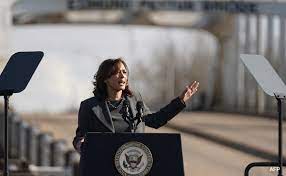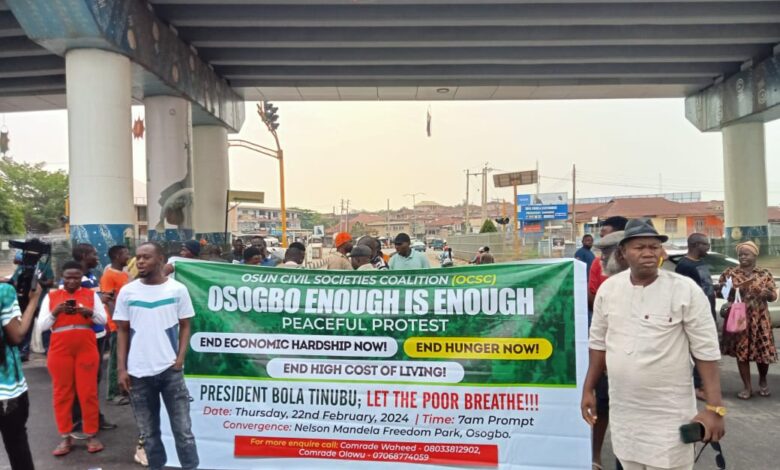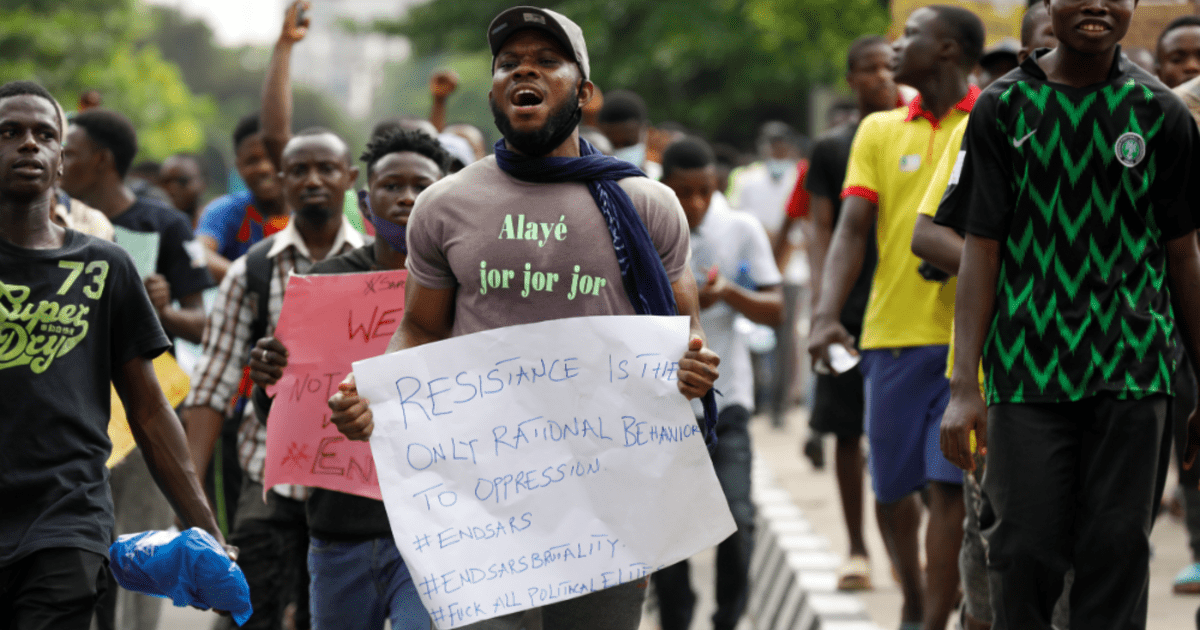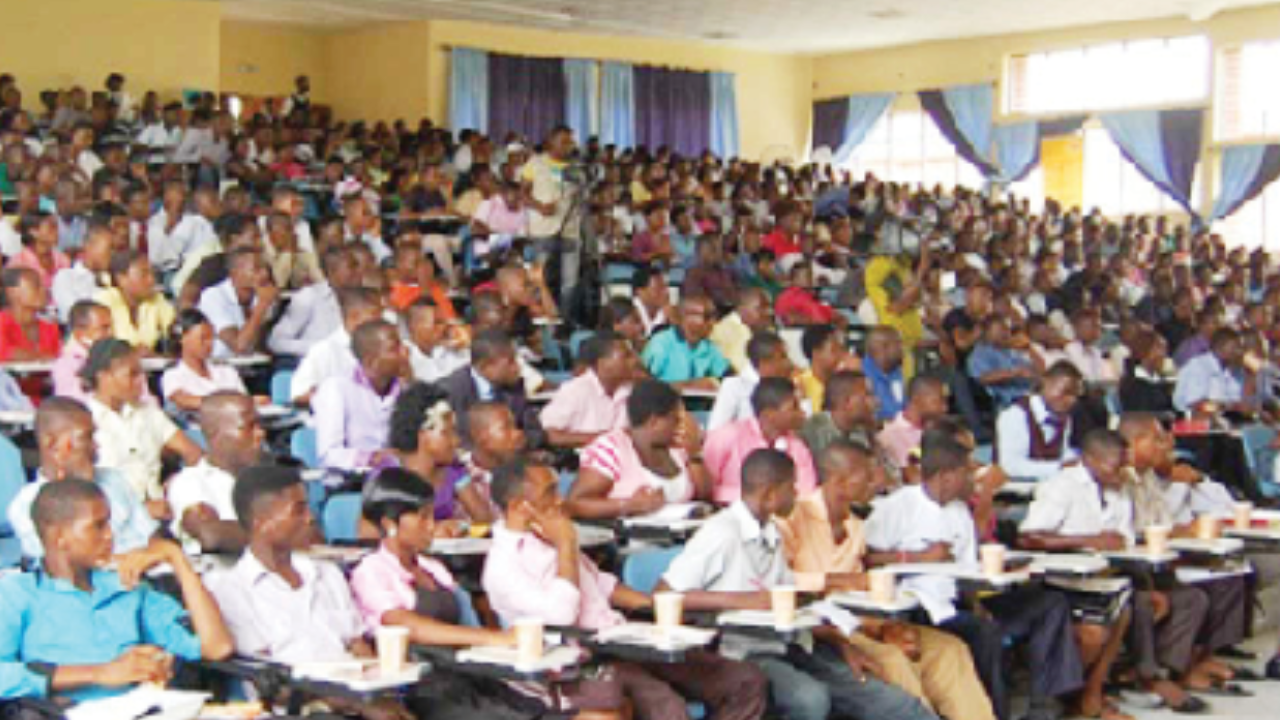Labour Criticizes Low Minimum Wage Amid Rising Living Costs
Labour leaders across Nigeria have raised concerns that the newly approved minimum wage of N70,000 is already failing to keep up with the country’s rising cost of living. Despite the increase from the previous N30,000, inflation, fuel price hikes, and other economic pressures have severely reduced the value of the new wage.
Although the wage increase has been implemented in many states, labour unions argue that the agreed consequential adjustments to align salaries with inflation have not yet been applied. Some state governments, like Enugu, have not even begun formal negotiations, although they have started paying N80,000 provisionally.
States like Abia, Adamawa, Anambra, and Bauchi are currently paying N70,000, while Akwa Ibom and Bayelsa have raised their minimum wage to N80,000. Yet, the daily cost of feeding one adult in Nigeria, according to the National Bureau of Statistics (NBS), stands at N1,255. This means a worker on N70,000 spends over half their salary—about N37,650—on meals alone in a month.
President of the Nigeria Labour Congress (NLC), Joe Ajaero, noted that even the modest gains of the wage increase are being eroded by petrol price hikes and naira devaluation. He criticized the government for increasing the fuel price after promising not to, which was one of the conditions under which labour accepted the N70,000 figure—far lower than the N250,000 initially demanded.
Non-Academic Staff Union (NASU) General Secretary, Peters Adeyemi, praised the decision to reduce the wage negotiation cycle from five to three years. He argued that Nigeria’s economy is too unstable for such long intervals, with inflation and currency issues constantly eating into workers’ earnings.
Many Nigerians also believe that the current wage is not enough to meet even the most basic needs. Human Rights Writers Association of Nigeria (HURIWA) Coordinator, Emmanuel Onwubiko, stated that N70,000—less than $50 monthly—is among the world’s lowest and cannot support a family.
Onwubiko also criticized state governments’ plans to enter into business ventures like aviation or mining, suggesting they should instead focus on building infrastructure and creating environments where private businesses can grow.
Financial analyst Tolulope Alayande echoed the same sentiment. He admitted that while the current wage is insufficient, it is at least a step forward. He believes the government had no choice but to remove the petrol subsidy due to mismanagement by previous administrations, which heavily borrowed and created a false sense of economic stability
While the new minimum wage in Nigeria was meant to ease the burden on workers, inflation and economic instability have made it less impactful. Labour groups are pushing for another review well before 2027 to ensure wages align with the real cost of living.








